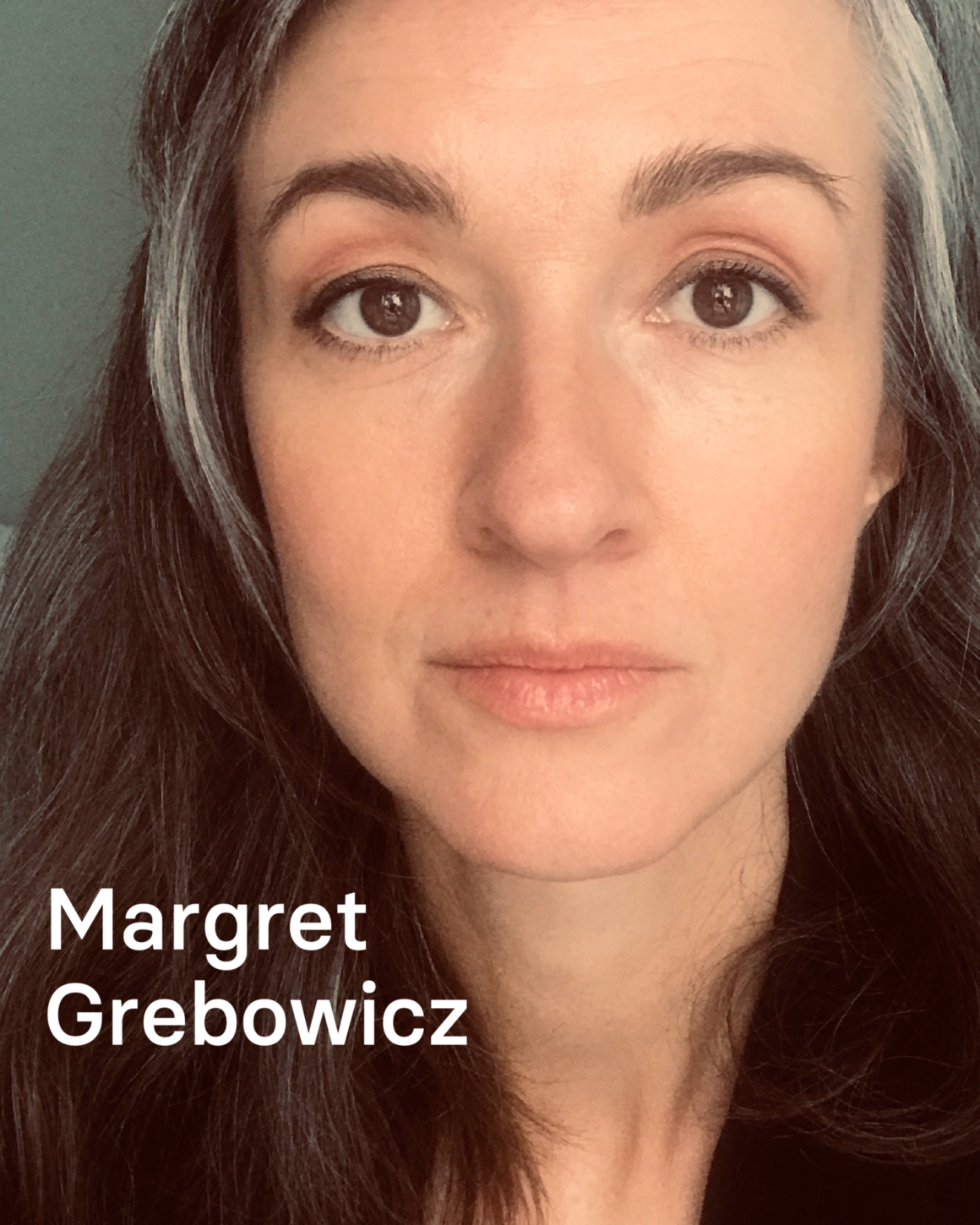Class IV
Date:16-19/05/2023
Lecturer: Margret Grebowicz
Queering ecology aims to create diverse and inclusive self-aware knowledge and practices that invite us to interact with the natural world around us in deeper ways. Co-presence and interconnection, essential aspects of coexistence and interaction in the network of ecosystems today, fundamentally challenge existing philosophical frameworks, especially those which helped to create the concepts of nature and environment. To queer ecology is to respond to this challenge.This course will introduce students to key concepts in ecofeminist and queer critique of the contemporary environmental movement and the ecological turn. We will read and discuss several foundational texts and consider how these ideas connect to our own environmental care and awareness. We will consider the aesthetics and poetics of our own everyday practices.How can we reanimate our perspectives on nature and the environment in ways that bring life back into theory? Can we create communities that model welfare-oriented policies, decision-making, and creativity? How can we apply the queer perspective to our professional fields? Can we affect change not only in the realm of policies and thinking, but in the realm of emotions, attunements, and desires?
The class will be held in English
—
Margret Grebowicz
Margret Grebowicz is a continental philosopher, researching environmental imagination and desire. She is especially interested in wilderness, public lands, wild animals, and pet-keeping. For the past two years she has been conducting field research on the southern U.S. border, writing about migration and conservation.She is deeply committed to public-facing research and writing, both in her own work–She has written articles for the Atlantic, LA Review of Books, and Slate—and in promoting the work of others. She founded and edits the Practices series for Duke University Press, which features public-facing writing by a wide range of scholars and practitioners. Her own beloved practices include foraging for mushrooms, taking preposterously long road trips, and cuddling her dogs. She lives with two old ones: a basenji named Abba and a chihuahua named Waffles.She has authored the following books: Rescue Me: On Dogs and Their Humans (2021), Mountains and Desire: Climbing vs. The End of the World (2020), Whale Song (2017), The National Park to Come (2015), Beyond the Cyborg: Adventures with Donna Haraway (2015, co-authored with Helen Merrick) and Why Internet Porn Matters (2013). She also co-edited Lyotard and Critical Practice (2021) and Still Seeking an Attitude: Critical Reflections on the Work of June Jordan (2004), and edited Gender After Lyotard (2007) and SciFi in the Mind’s Eye: Reading Science Through Science Fiction (2007).Her current writing projects include Foraging, a book on mushroom foraging and another book about the national parks on the border, titled The Border Sublime.She is a native of Poland and is currently affiliated with the University of Silesia in Poland. Prior to that, she taught in Siberia. Prior to that, she held tenure at two American colleges, Goucher College and University of Houston-Downtown. During this time she also worked as a jazz singer for about a decade, in Texas and New York City. She was a Leverhulme Trust Visiting Scholar at University of Dundee, the inaugural Resident in Situated Philosophy at Arizona State University, and a Marc Sanders Foundation Philosophy in the Media Fellow.


